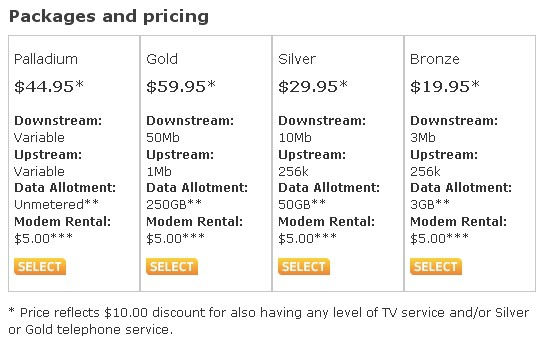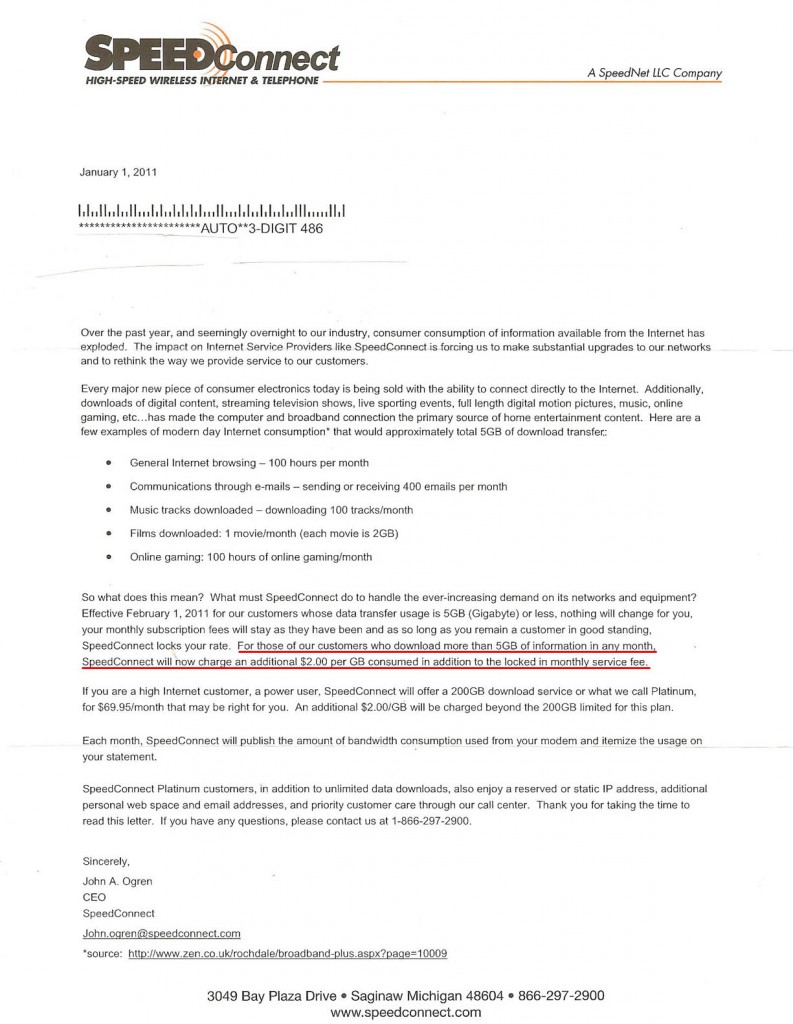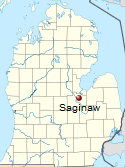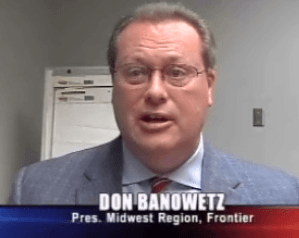Knology, which bought out Sunflower Broadband last year, has elected to carry forward the old owner’s Internet Overcharging schemes, charging broadband customers penalty rates for exceeding their usage allowances.
The company’s explanation for their overpriced bandwidth comes with a tall tale about their competitors they simply made up out of thin air:
Data transfer allotments allow Knology to offer higher speed service with lower prices. Unlimited, open usage plans offered by other providers typically employ network controls to slow down the high usage customers.
That’s news to us, and to their nearest competitor AT&T. They deny speed throttling any of their U-verse or DSL customers.
While the company’s download speeds are impressive — up to 50Mbps — their upload speeds are not, topping out at a paltry 1Mbps.

Knology's pricing is nearly identical to its predecessor Sunflower Broadband, except for the $5 rate hike for its most popular Silver plan.
Knology claims they expand usage allowances based not on network capacity, but by the percentage of customers they gouge with overlimit fees:
Data transfer allotments: Each level of internet above includes the amount of data transfer indicated measured in Gigabytes (GB). The data transfer allotments are increased regularly, based on usage patterns, to ensure the number of customers who go over their allotments remains under 10%. Additional GB of data transferred beyond the allotment is billed at $1.00 per GB if not purchased at a discount before the end of the billing period. The percentage of Knology customers charged for extra data transfer beyond their allotment was 6.1% in April 2009.
Bemusingly, customers with time machines who can travel into the future and determine they will exceed their allowance for the month can pre-purchase an increase in their usage allowance at a discount.
No time machine? Then you either pay the standard overlimit rate, watch your usage like a hawk, or potentially over-buy excess usage that expires at the end of the month.
Customers tell Stop the Cap! the company’s single, unlimited use package is “the same piece of garbage it always was,” writes Larry who lives in Lawrence. He had high hopes Knology would do the right thing and abandon Sunflower’s overcharging schemes.
“Apparently not, and after a month with their unlimited service, I have scheduled my U-verse installation with AT&T,” Larry writes. “Even on Knology’s limited packages, they don’t provide the speeds they promise.”
Larry also says the higher speed tiers Knology offers deliver diminishing returns.
“If their uplink is congested, or the web sites you visit are busy, it won’t matter if you have 10Mbps or 50Mbps — the speed is effectively the same,” he says. “Besides, upload speed is more important these days and 1Mbps is just plain lousy in 2011.”
“Bye, bye SunKnology.”


 Subscribe
Subscribe













